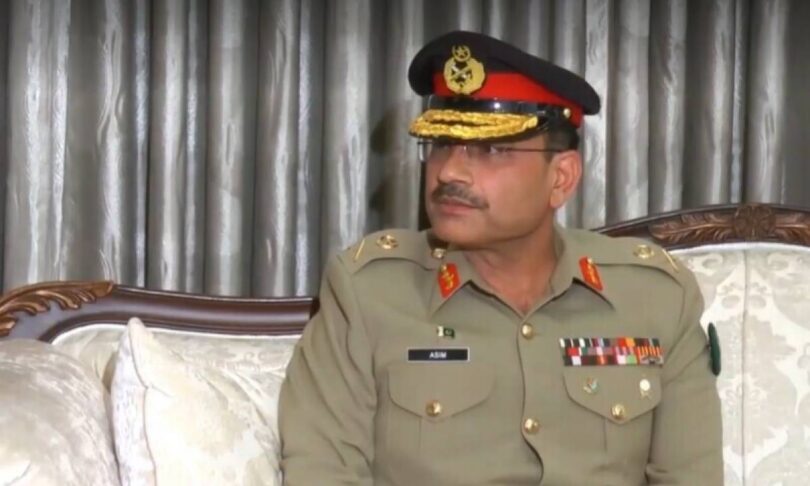Yesterday media reports exclusively covered the Chief of Army Staff General Asim Munir’s interaction with seasoned business leaders from the Lahore Chamber of Commerce and Industry who called on the Army Chief to discuss current economic and business situations in the country. The Senior General assured the business icons that the newly established Special Investment Facilitation Council (SIFC) has great potential to attract substantial investments of up to 100 billion dollars from Gulf nations and other countries across the globe. Meanwhile, the business community put forth several economic, administrative and legal measures that could ramp up business and trade activities while leading the nation to economic sustainability and growth. Almost four years ago, Business Tycoons met then Army Chief General Qamar Javed Bajwa and the PTI economic team to discuss economic issues and deliberate on possible solutions for economic recovery and speedy growth, but no improvement occurred over the past years and the episode aired once more.
Years and decades had moved on, the sequence of events repeated themselves after certain intervals with changed faces but the same narrative, sloganeering and verbosity. No recipe, no suggestion and no policy could neither change the system nor bring the required revolution in the country. The core political wisdom and economic talent, combined with huge infrastructure, and tremendous national resources failed to realise the long-held dream of sustainable development, self-sufficiency and economic prosperity. Unfortunately, foreign imported economists like Moeen Qureshi, Shaukat Aziz, Hafeez Sheikh and others could not remove the corrosion of Pakistan’s economy and returned to their destination with great mortification and shame, but the cascade of the country’s economic depletion could not be reset on its right path. After defying all west-turned bankers and economic Strategists, Pakistani leaders set their Qibla toward GHQ and offer their prayer behind military generals to resolve the increasing economic puzzle and untie budgetary glitches of the country.
Historically, the Pakistan military has offered unconditional support to civil governments in their efforts to consolidate the national economy and attain sustainable growth. Previously, the PTI government used military crutches and later the PML-N-led coalition government used a marshal strategy to revitalise the agri-sector and boost economic growth. Currently, the Army is wholeheartedly backing government endeavours through the forum of the Special Investment Facilitation Council (SIFC), while the business circle also relies on the Pakistan military rather than the civil administration. Pakistan’s military had always been available to the civilian government during all times of need, natural calamities, epidemics, urban flooding and other colossal issues that got out of reach of the civilian administration. The army has played an adorable role in handling deadly coronavirus, desalination of water canals, locust control, earthquake and flood relief etc. in the past and now the civilian government has demanded Army assistance in attracting and management of investment from the country and abroad.
The government has envisaged plans capitalising Pakistan’s untapped economic potential in key sectors including defence production, minerals and mining, agriculture and livestock along with IT and energy sectors that have become real impediments to industrialisation and economic growth.
At the time, each sector of the national economy was disfigured by misgovernance, corruption and bad planning, a majority of the elements correlate and are directly interdependent with each other. The energy crisis has raised production costs and clamped hard on industrial exports, while the rupee’s sharp devaluation further spoiled the economy. Amid such a level of diverse economic ruination, the attraction of investment and the wheeling of industry is not the permanent solution to the unceasing predicament. Hence, all-out overhauling of the system ranging from the SECP to the Board of Revenue, Finance Ministry to the Power Division, local government to Customs Department, regressive reforms and stern anti-corruption measures must be enforced, so no corrupt officials or scarcity of energy or raw material ever derailed this national endeavour in the future.







